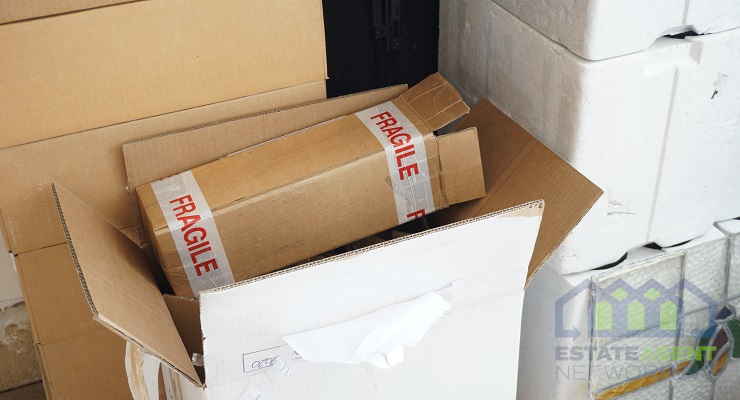12 Things That Homeowners Should Keep In Mind When Moving
Moving is a huge undertaking. It can be stressful, tiring, and expensive.
When you’re moving, there are a lot of things to think about. You have to pack up all your belongings, find a new place to live and figure out how to get everything from point A to point B. While it can be stressful, it’s also an exciting time in your life. However, it can also be smooth and relatively stress-free with a little bit of planning and organisation.
Here Are Some Things That Homeowners Should Keep In Mind When Moving:
Don’t Forget About Your Pets!
If you have pets, make sure you plan ahead for their move as well. You’ll need to pack up their food and water bowls, toys, and bedding. You may also want to consider hiring a pet transport company to help you move your furry friends safely.
Planning Is Key
The first step in any move is planning. Without a plan, things can quickly go downhill. So make sure to map out your route from beginning to end, including what you will need to do along the way. This will help keep you organised and on track.
Start Packing Early
Don’t wait until the last minute to start packing. The more time you have, the less stress you will feel. Pack up one room at a time and make sure everything is labelled, so you know where it goes when you unpack.
Use Proper Packing Supplies
Make sure to use quality packing supplies to protect your belongings during transport. For example, boxes and bubble wrap can help keep your items safe and secure.
Take Inventory
Before you start packing, take inventory of everything you have. This will help you to pack properly and not forget anything.
Don’t Overpack Boxes
Don’t try to fit too many items into a single box. This can cause the box to break or be difficult to carry. Heavy boxes can also be dangerous to move.
Use Furniture Protectors
If you’re moving furniture, make sure to use furniture protectors to avoid damage. Furniture protectors can be found at most home improvement stores.
Pack Fragile Items Carefully
Pack your fragile items carefully in boxes or bubble wrap. Make sure they are secure and won’t move around during transport.
Disassemble Large Items
If you’re moving large items like a dresser or bed, disassemble them before packing. This will make it easier to transport and less likely to damage the item.
Pack An Essentials Box
When you’re moving, you’ll likely have a lot of things to pack up. So it can be helpful to pack an essentials box with the items you’ll need right after you move in. This includes things like toiletries, a change of clothes, and your keys.
Get Insurance
If you’re moving expensive or fragile items, make sure to get insurance. This will provide some peace of mind in case something happens during transport.
Hire Professionals
Sometimes it’s best to leave the moving to the professional Removals. However, if you don’t have the time or energy to do it yourself, hire a moving company to take care of everything for you.
In Conclusion
By following these tips, you can make your move as smooth and stress-free as possible.









